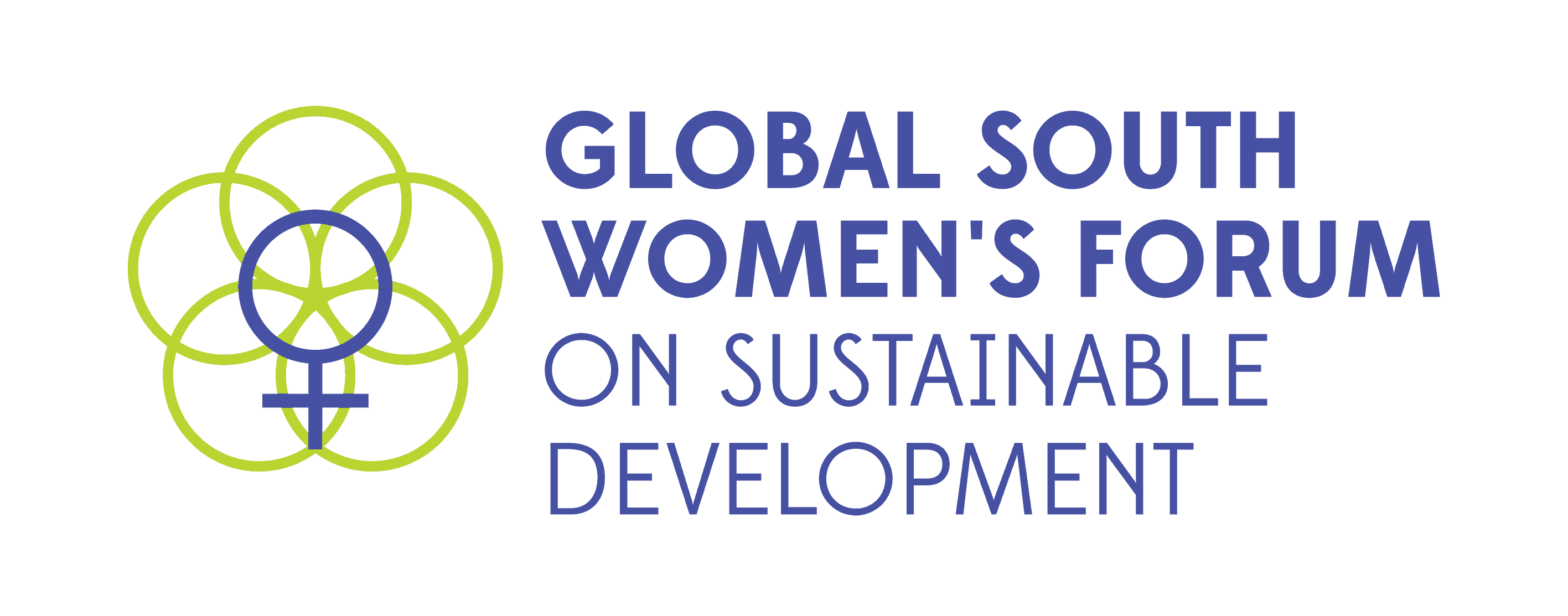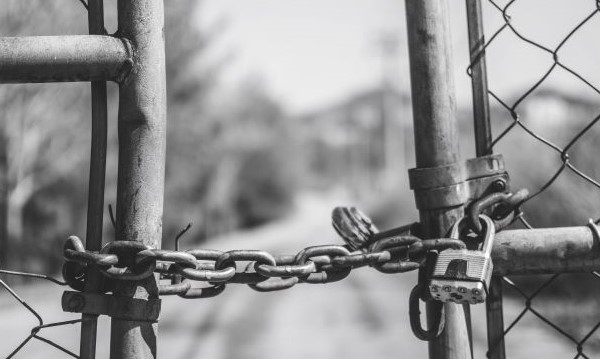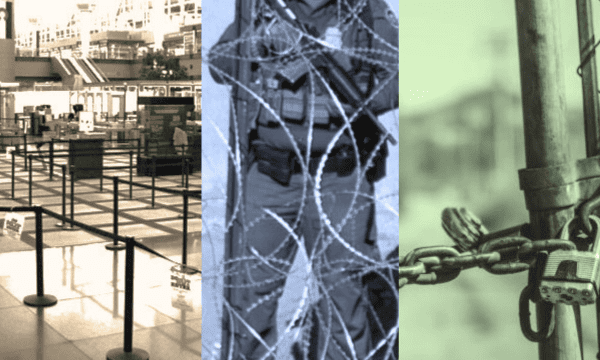In between documented & undocumented: Reimagining the idea of documentation
For a long time, the violence that the state committed against the Indigenous communities in Bangladesh was not addressed by international human rights organisations because the communities refused to adopt Western-driven education and documentation systems written in English.
In recent times, documentation in the Chittagong Hill Tracts (CHT) has also become a surveillance tool that puts Indigenous human rights defenders at even higher risk. Information has been frequently collected on who they are, what activities they are carrying out and who is participating. National ID and other paperwork are often checked during inter-district travel, with surveillance of young Indigenous men in particular. In the context of the CHT, documentation is also intertwined with the use of language and the state’s lack of recognition of Indigenous languages in any official capacity.
The state and the world have yet to acknowledge diverse documentation systems such as word-of-mouth storytelling, which is often female-centric and has survived colonialism and neocolonial mechanisms. These forms of documentation need to be acknowledged in order to build an equitable world for all. Diversity can only be sustained through addressing the diverse nature of documentation.
This panel discussion interrogated and reflected on these different concerns around documentation: What is understood by documentation? Who defines what needs to be documented and how? Who do the documents serve? How else can we document to ensure our safety?
This session was organised in collaboration with the partners of Bonhishikha under the Women Gaining Ground Programme. Partner organisations include SPaRC, Desperately Seeking Bandarban, Project Afassa and Indigenous Exclusive which are based in the Indigenous communities in the Chattogram Hill Tracts. They are all community-based youth-led organisations working with a feminist lens in engaging to enable a more equal world.
Speakers
Mong owa Ching Marma is a passionate advocate and dedicated humanitarian, profoundly committed to advancing the rights of Indigenous and gender-diverse populations in the Chittagong Hill Tracts of Bangladesh. As the founder of Affasa, a non-profit organisation focused on empowering marginalised communities, he has become a driving force for positive change.
Alik Mree is an Indigenous political student leader and activist born and raised in the Tangail Madhupur area. He comes from the Garo ethnic community, one of several Indigenous communities facing social, economic, and political challenges in Bangladesh. He is currently president of the Bangladesh Indigenous Students Action Forum.
Nidhi Chakma, a young Indigenous feminist and researcher, strives to sustain kindness in the world. She is currently a researcher at Supporting People and Rebuilding Communities (SPaRC). Her current research interests focus on Indigenous history, oral literature and history from women’s perspective.
Uchacha A Chak is a thinker, writer and co-convenor of Lokayoto Bidyaloy, who has worked on humanitarian research programmes with various local, national and international organisations in Bangladesh and South Asia. She is passionate about understanding and contextualising the struggles and acts of resistance of Indigenous peoples in Bangladesh, especially Indigenous women, using decolonial frameworks and decolonial feminist approaches.
U Mimi Marma Mimi is a young feminist and leading Indigenous journalist individual based in Bangladesh, celebrated for her unwavering dedication to amplifying the voices and addressing the issues of Indigenous communities within the nation. Born and raised in Khagrachari, in the Chittagong Hill Tracts region, she belongs to the Marma ethnic group, which is one of the Indigenous communities facing distinctive challenges in Bangladesh. Currently, she serves as a communications officer at the esteemed organisation, Affasa. Her educational background is rooted in communication and media studies, providing her with a strong foundation for her impactful work.



